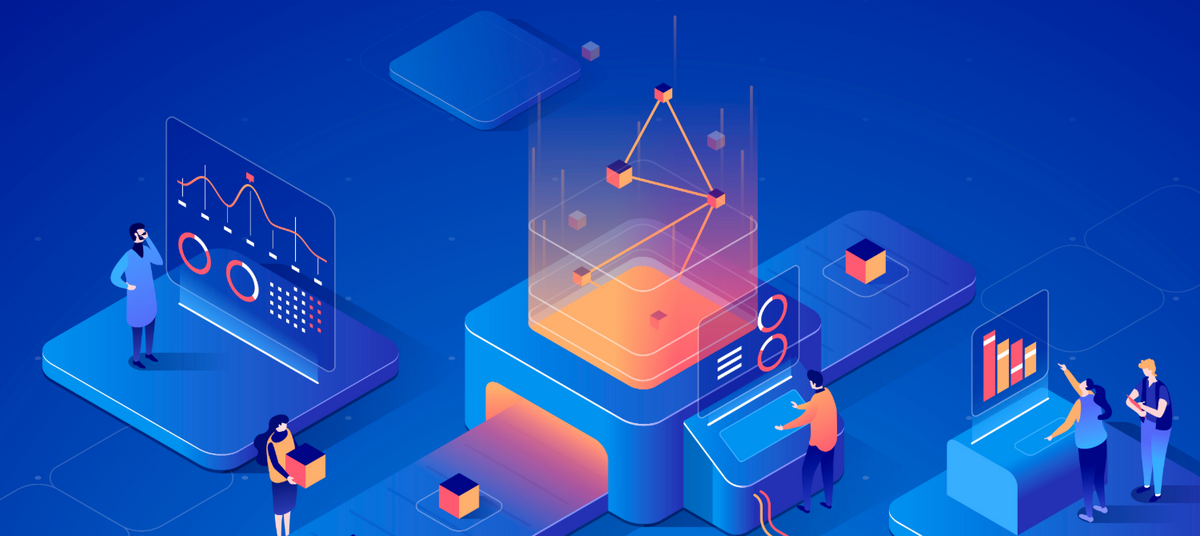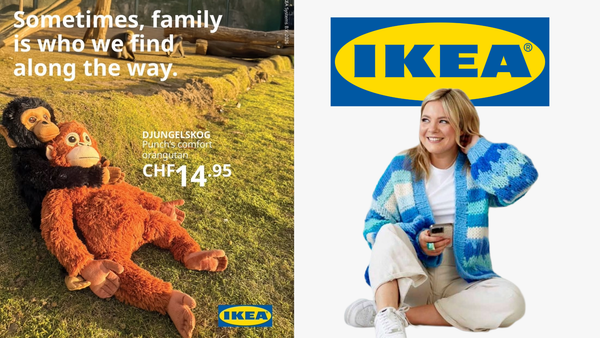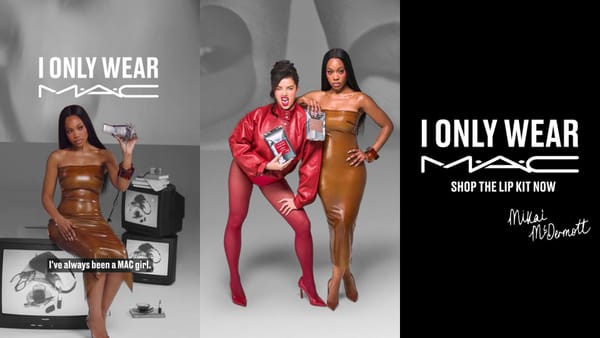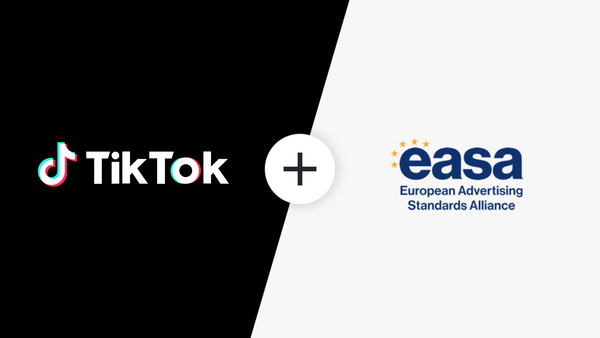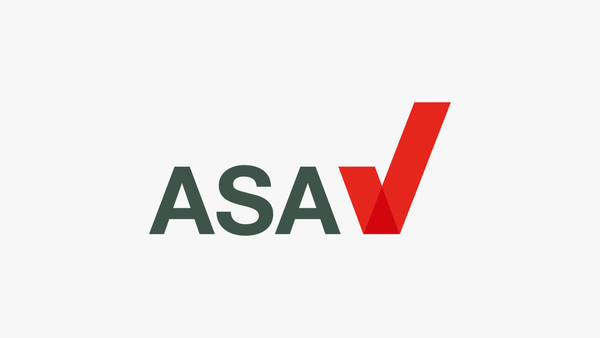What is an influencer marketing platform?
An influencer marketing platform is a software solution designed to assist brands with anything from finding influencers and managing campaigns to providing reports on the audience demographics and return on investment (ROI). Some function by having influencers apply to be listed on the database, allowing the platform direct access to their demographics. Others have clever algorithms that provide them with a vast searching tool showcasing hundreds and thousands of accounts. Often these tools are automated, self-service platforms offering no additional support or management to brands or creators. Plenty of these tools are completely free of charge, so perfect for brands looking to shave down their marketing budget. Additionally, it’s an easy way for smaller teams who are yet to try influencer marketing to delve into new territories. However, despite all this technology 61% of marketers still claim it is challenging to find the right influencer for their campaign. And no wonder. With some tools boasting a database of 3 million profiles, surely finding the right influencer can be like finding a needle in a hay-stack?Platforms vs. agencies
As a brand delving into influencer marketing for the first time, working with an agency is often the preferred choice. Agencies have experience and expertise which brands find reassuring, and, crucially, agencies have relationships with creators. This not only often means preferential rates and terms but also a humanly matched campaign. Agencies use the relationships they have formed, and knowledge they have acquired, to match the right influencers to the right campaigns. In our experience, this is the first of two key stages in ensuring success. Agencies can’t do this alone though and rely heavily on influencer marketing technologies at this stage of the process to understand the audience demographics of each profile, as well as their key performance stats. It’s when campaigns move on the second stage of campaign development that technology is arguably a help and a hindrance. The second crucial stage in ensuring campaign success is briefing the chosen influencers effectively. Platforms offer varying options for this from uploading a pre-prepared brief, to following a templated form. This offers great advantages for briefing influencers at scale, however, is less effective for briefing complex or personalised campaigns, and often allows for a larger margin for error or misinterpretation than briefing influencers directly as agencies do. Similarly, if you’re running a large scale micro-influencer campaign or managing content creation, approval, and scheduling processes via a platform is often the only viable option. This is often utilised by agencies (whether they admit it or not) however, more bespoke and creative campaigns run much more effectively with direct one-to-one communication. The final stage of a campaign; reporting, again sees agencies and technology working together. Platforms are relied upon to generate the data needed to measure success – whether this is raw data the agency inputs into its own methodologies and formulas, or a PDF download of final metrics generated from a software tool.How savvy is the tech?
When looking for influencers, marketers have reported the three key aspects they look at to decide who will be the best fit for their campaign:- Engagement rate
- Target audience demographics
- Content quality

